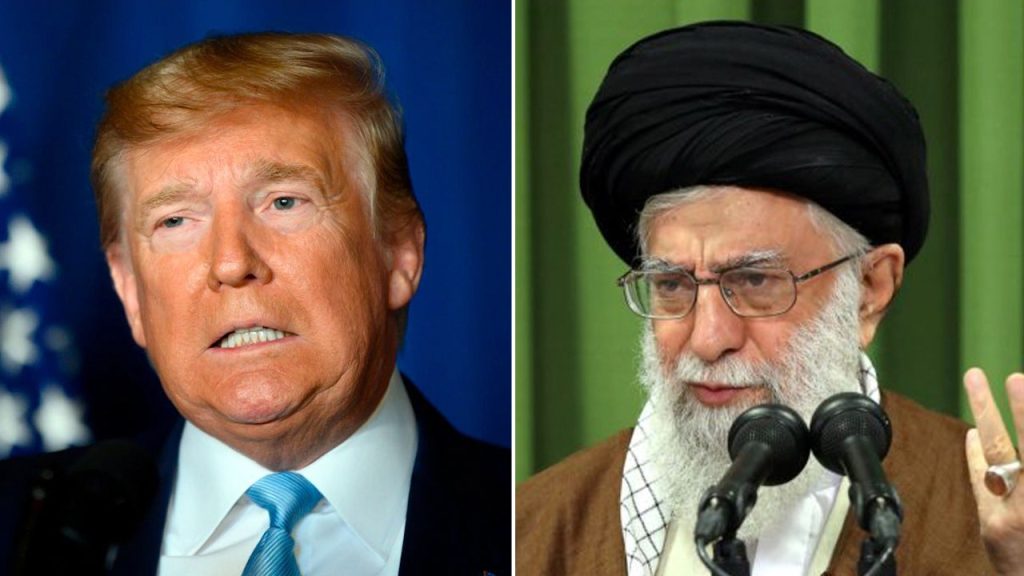Iran must now prepare to deal with President-elect Trump, someone they have been attempting to assassinate for years. The regime had reportedly supported Vice President Kamala Harris during the U.S. election, but now they must contend with a U.S. leader who is unpredictable. Following Trump’s victory, the Islamic Revolutionary Guard Corps (IGRC) posted a video threatening to kill Trump, highlighting tensions between Iran and the U.S. due to past events like the killing of Gen. Qassem Soleimani. This victory has the potential to cause major economic problems for Iran, especially with the return of maximum pressure looming. The Iranian currency plummeted following the news of Trump’s victory, signaling further challenges for Iran in the Middle East amidst ongoing conflicts.
Despite U.S. sanctions that critics argue have not been effectively enforced, Iran has managed to export significant amounts of oil and could potentially ramp up production to build a nuclear weapon in a short period of time. Tehran is aware that maximum pressure is likely to return with the transition to a Trump administration, which poses a threat to Iran’s nuclear ambitions and conventional deterrence capabilities. The withdrawal from the Iran nuclear deal and the imposition of harsh sanctions by the Trump administration aimed to curb Iran’s funding of proxies abroad, with a focus on preventing it from acquiring nuclear weapons. President Biden has often waived enforcement of sanctions to bring Iran back to the negotiating table, allowing Iran access to billions of dollars in funds for humanitarian goods.
Iran must also consider how a Trump presidency will impact its escalating conflicts with Israel. Recent strikes by Iran on Tel Aviv prompted Israeli attacks on Iranian military sites, leading to threats of harsh countermeasures by Khamenei. There is uncertainty surrounding how Trump’s policies may influence Iran’s actions towards Israel, as his anti-interventionist tendencies could alter the dynamics in the region. The unpredictability factor with Trump raises questions about potential military action and support for Israel compared to the Biden administration. While some believe Trump may be less inclined to use military force, others point to past deployments of American force near Israel as a deterrence against Iran.
Officially, Iran has downplayed concerns about the impact of a Trump presidency on their regime, stating that their policies remain steady regardless of individuals holding office. The government spokesperson emphasized that their predictions and strategies have been made in advance and will not be altered based on external factors like U.S. elections. Despite the uncertainty surrounding the implications of a Trump administration for Iran, it is clear that the regime will face challenges in navigating ongoing conflicts, economic pressures, and nuclear ambitions. The relationship between Iran and the U.S. continues to be a critical factor in shaping regional dynamics and security in the Middle East.


